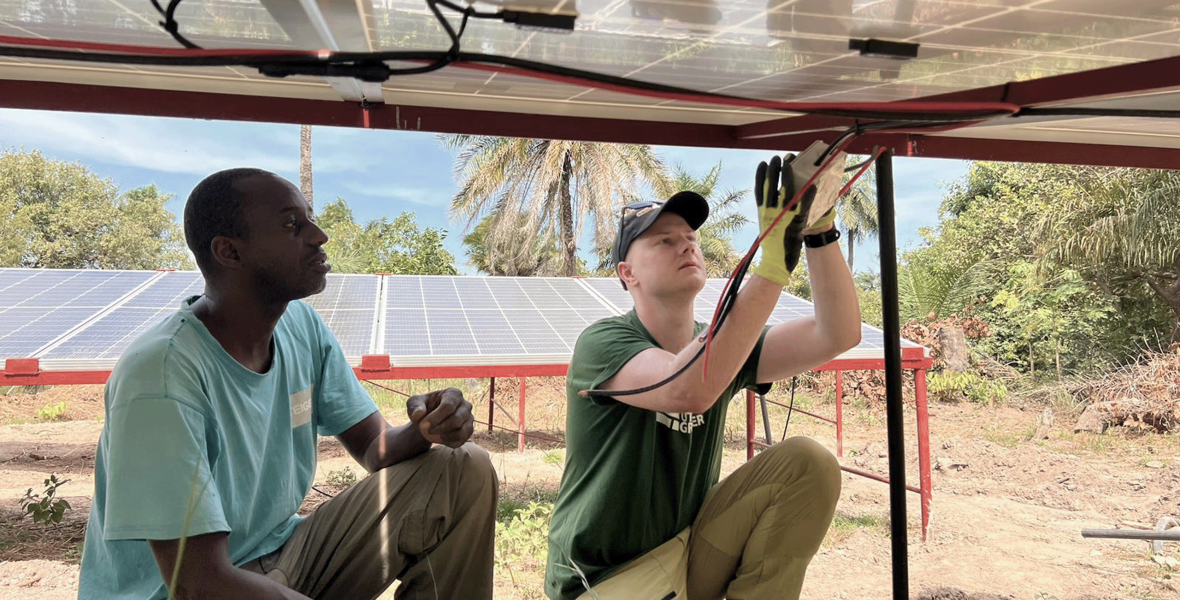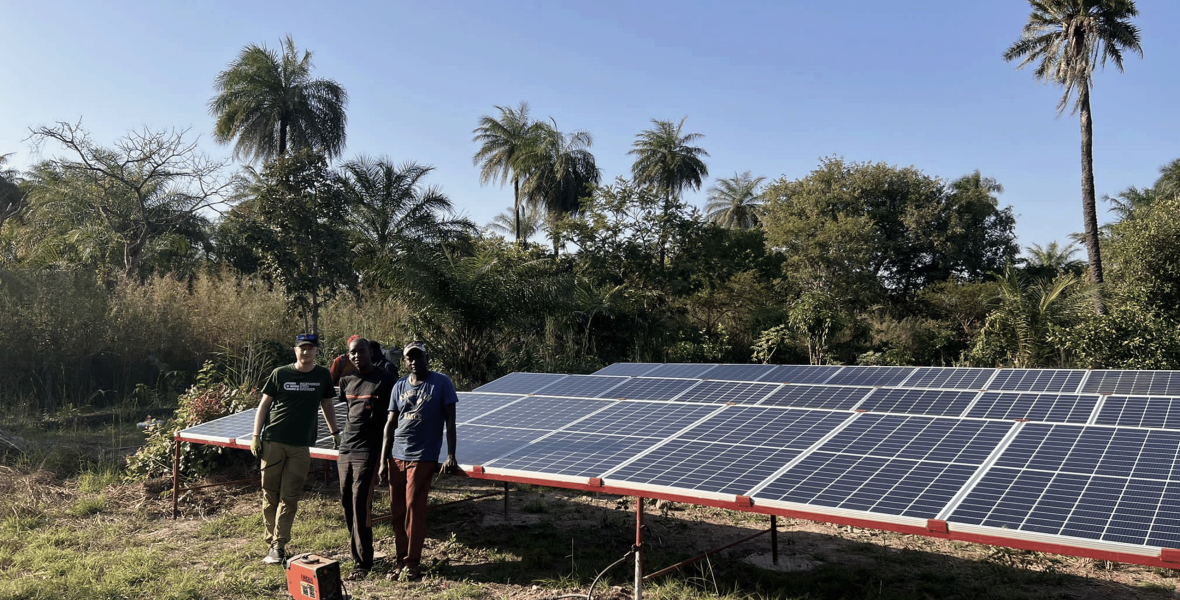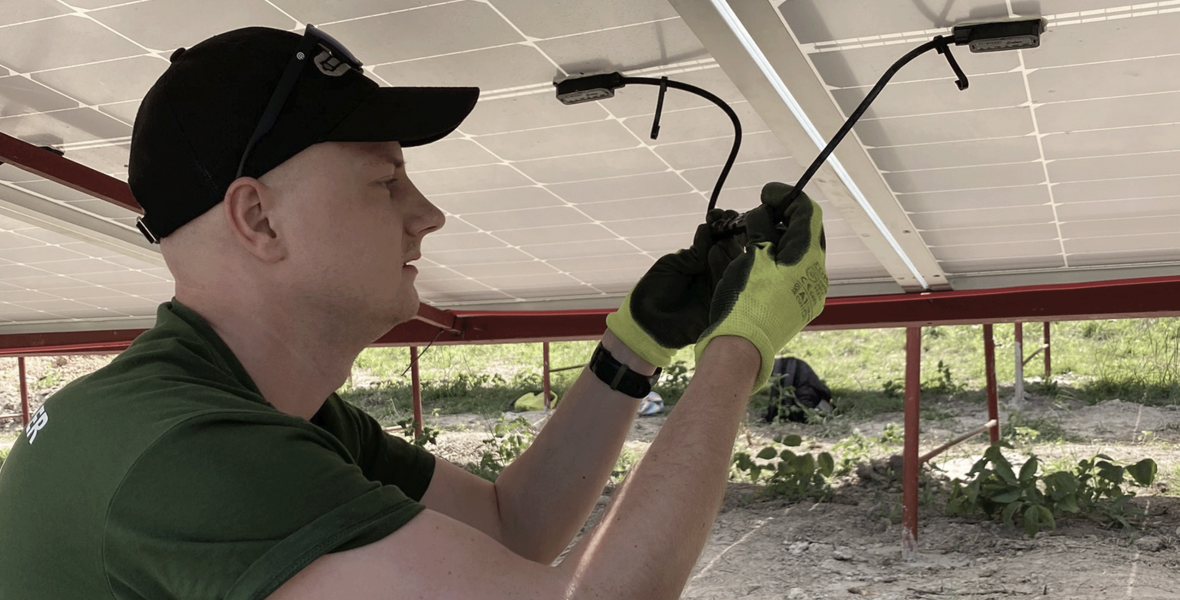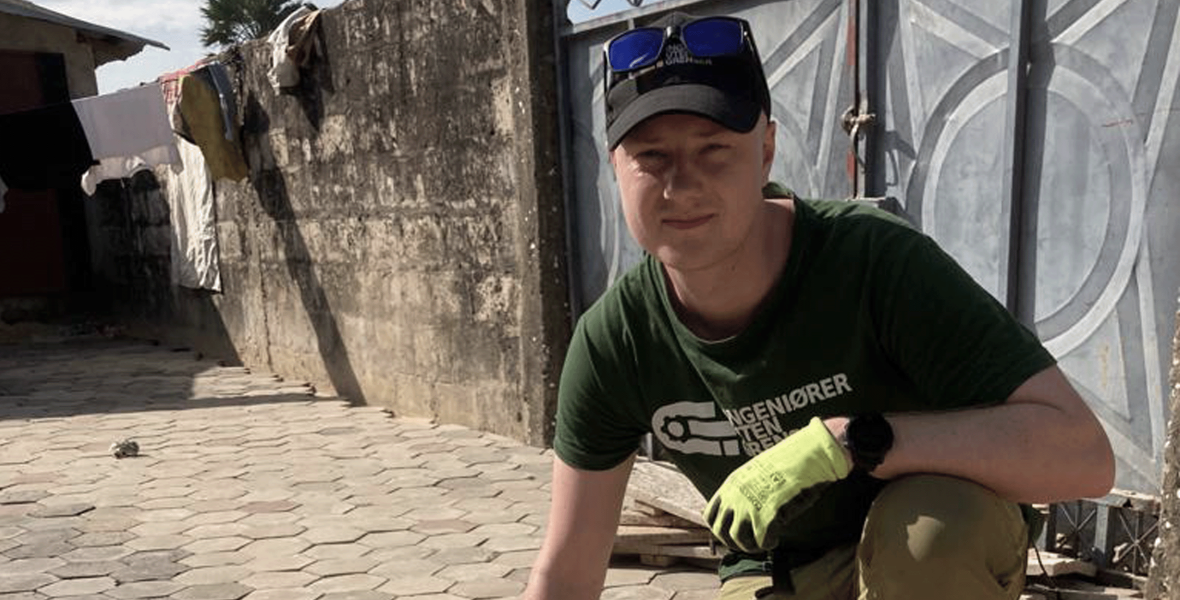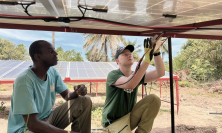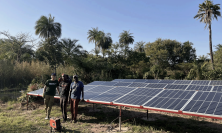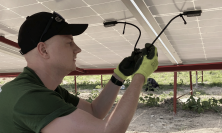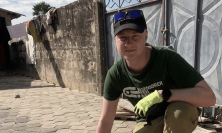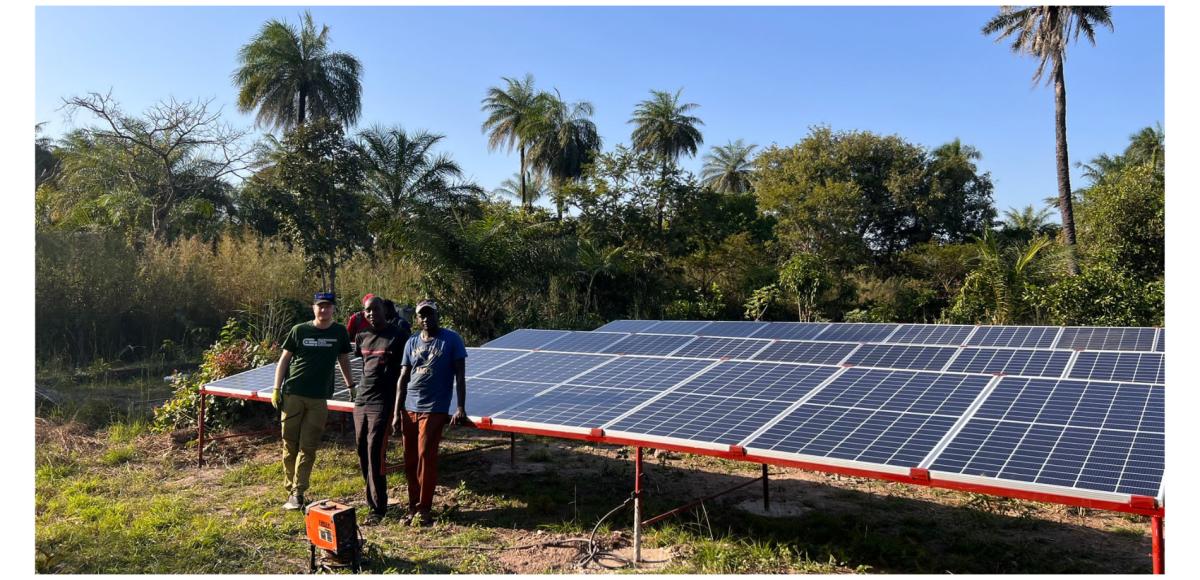
Consultancy expertise used in voluntary solar cell system project in Senegal
Fredrik Pettersen usually works as a consultant at AFRY Management Consulting in Norway.
He started this year with a four-week field stay in Senegal with Engineers Without Borders to assist in installing a solar cell system for a plastic recycling factory in the village of Niafrang.
Niafrang is a small village in the very south of Senegal, located only a few kilometres from the coast. There, and elsewhere along Senegal's 750 km long coastline towards the Atlantic Ocean, large quantities of plastic waste wash ashore every day. There is also a lot of waste accumulating from the land area due to lack of waste management systems from the municipality and the region. The waste causes severe problems for the environment, people, and climate.
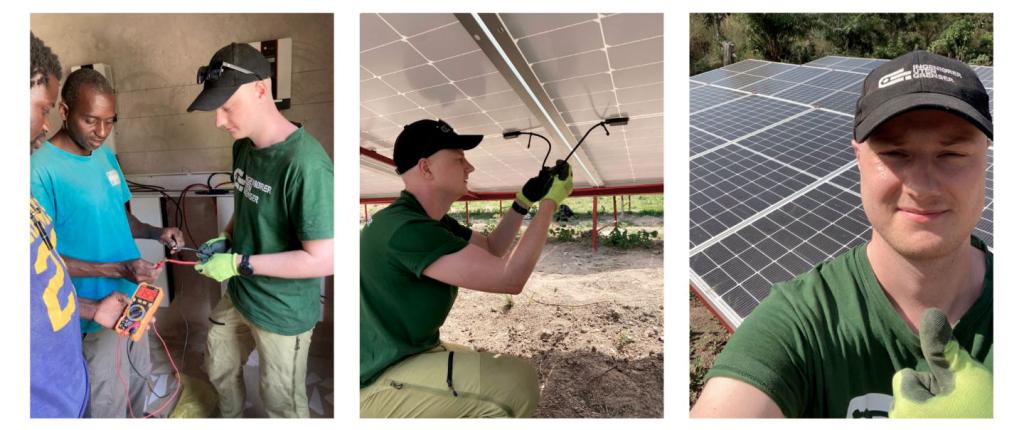
The plastic recycling factory develops circular solutions for the plastic waste in the area, which benefits both the local population and the environment.
"I joined this project because of my passion for humanitarian engineering and the opportunity to work with plastic and energy solutions in developing countries. I also felt that my competency profile was a good match for the different challenges in the project", says Fredrik, who works daily with a wide range of energy-related projects within market analysis, strategy and transactions in AFRY Management Consulting in Norway.
Solar systems solve environmental challenges
With today's equipment, the factory has had several test productions, creating paving stones made from melted plastic and sand. One of the major challenges linked to the production is the low access and quality of existing electricity infrastructure in the area. Following this, several solutions were considered when Fredrik and the rest of the volunteer engineering team started working on upscaling the recycling factory.
“Until now the melting took place using gas, which is expensive and subject to price variations. Using fire to melt the plastic is not a suitable solution either, owing to the fact that desertification caused by deforestation is one of the biggest environmental challenges in Senegal. Any connection to the national power grid is also very expensive which would result in unpredictable production. In addition, the energy from the national power grid is mainly based on fossil energy”, he says.
From back home in Norway, Fredrik planned and designed a solar cell system to provide electricity for the planned machines for the upscaling of the factor.
“It started quite small with a feasibility study, and then it proceeded as we gained faith that this was a feasible concept. I have been involved in the project for almost two years now, from the early phase concept study, to planning, financing and implementation/follow-up”.
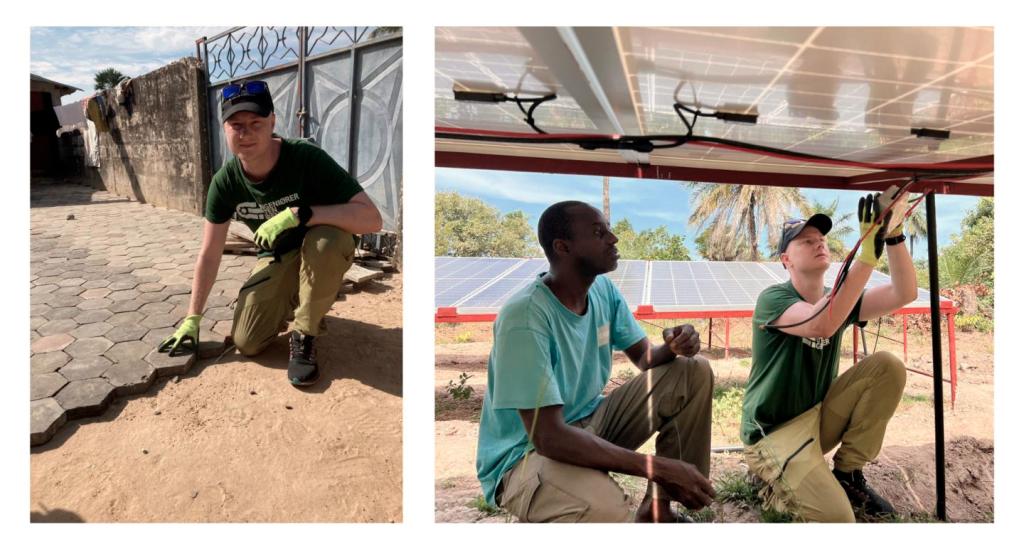
Sustainable economy is key
Fredrik is very passionate about sustainable operations. His daily work within energy and environment in AFRY Management Consulting and experience with business development and advisory also came in handy in this project.
“In an area where plastic causes such significant problems and where almost no jobs are available, a focus on sustainable economics is alpha and omega. I have had the chance to sharpen my skills on a number of professional and non-professional challenges in addition to getting to work with hands-on engineering in a completely different context than in the office at home. It has been, and still is, very educational and rewarding to be involved in this project, says Fredrik.
